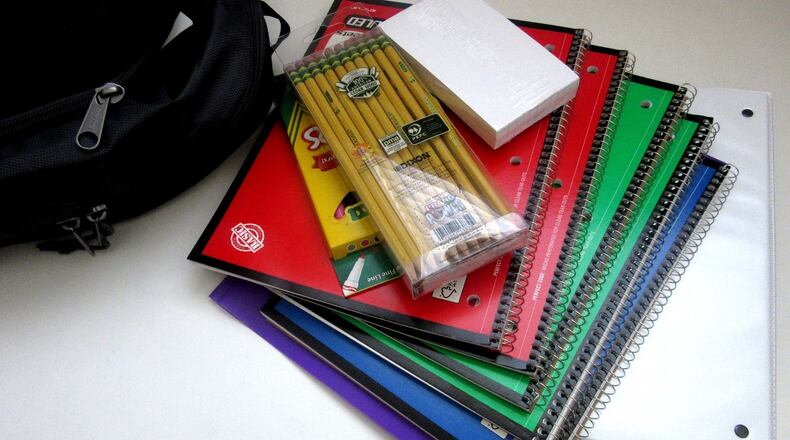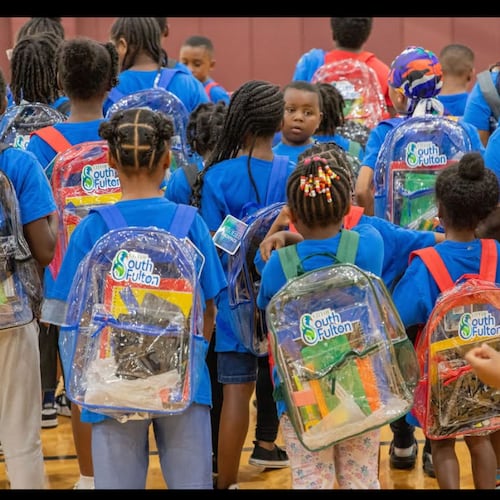Georgia school districts are getting an infusion of cash to help students experiencing homelessness. It’s money some metro Atlanta school districts plan to spend on finding and supporting the students who fell through the cracks during the pandemic.
The aid will be the first time that some districts are receiving funding specifically for those students, said Barbara Duffield, the executive director of SchoolHouse Connection, a national group that advocates for education as means to end homelessness.
And just in time, she said.
The count of students experiencing homelessness dipped during the COVID-19 pandemic, which experts say has less to do with the numbers going down and more to do with schools not being aware of those students. Virtual learning made it harder for school leaders to identify students who needed help.
“The biggest challenge now is identification and outreach,” Duffield said. “Not only for students schools lost track of, but also students who are newly homeless and struggling, and who may not have known that they have rights or protections or services at these schools.”
As part of the federal pandemic aid package, Georgia schools are getting $28 million to expand resources for students experiencing homelessness — a broad term that includes students living in hotels or with relatives, in addition to those who have nowhere to go.
Gwinnett and DeKalb, the largest and third-largest school systems in the state, respectively, are slated to receive more than $900,000 each — more than any other districts. About 1,400 DeKalb students are currently experiencing homelessness. In Gwinnett, it’s about 1,000, according to the district.
Georgia counted 41,600 students experiencing homelessness in fiscal year 2019, but 35,600 in 2020. Duffield suspects the actual count increased.
That’s why using the funds to hire additional staff members to find and connect with families is a priority for DeKalb, said Denise Revels, the district’s coordinator of social work services.
“A lot of times families may not be aware of the types of services we can provide to them, and unknowingly are keeping kids out of school,” she said. “We can be that calm in the midst of your storm for that child.”
Both districts plan to bolster their supplies of food gift cards and vouchers for hotel stays or transportation. The DeKalb school system hopes to open a student services center where families can get items such as food, hygiene products and school supplies with no turnaround time. Currently, school staff must coordinate with the district to pick up whatever the family needs and bring it back to the school.
Districts have three years to spend the allocation. Future funding isn’t guaranteed.
“The money will go away, but the need won’t,” said Tinisha Parker, the executive director of student services for Gwinnett schools, citing a desire to partner with community agencies to ensure the resources continue to be available. “Longevity is the key.”
The American Rescue Plan set aside $800 million for this group of students. That’s 1% of all federal K-12 education funding, Duffield said.
“This really should be the new normal,” she said.
About the Author
Keep Reading
The Latest
Featured



